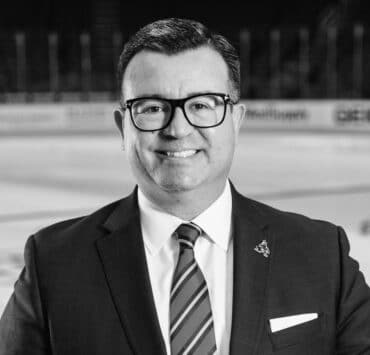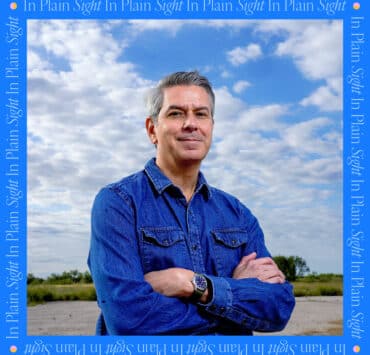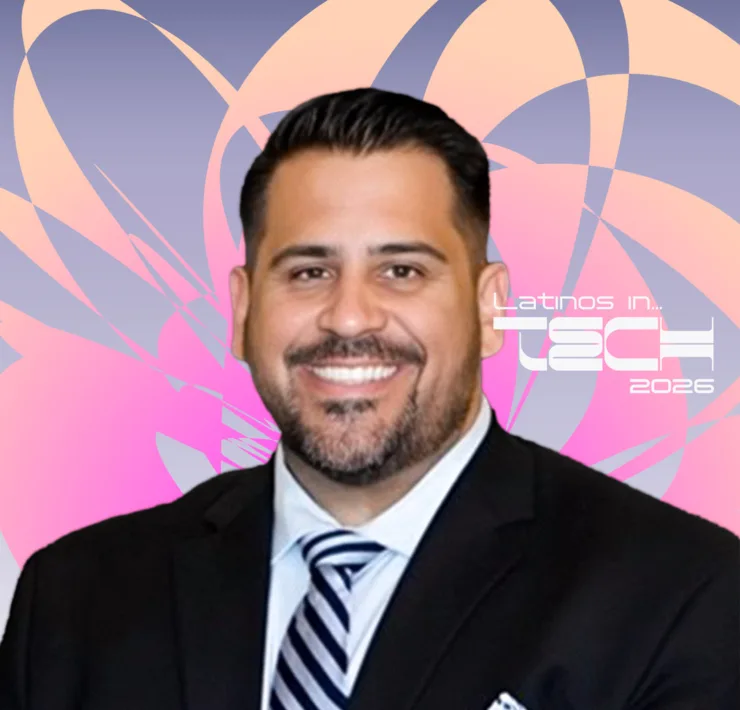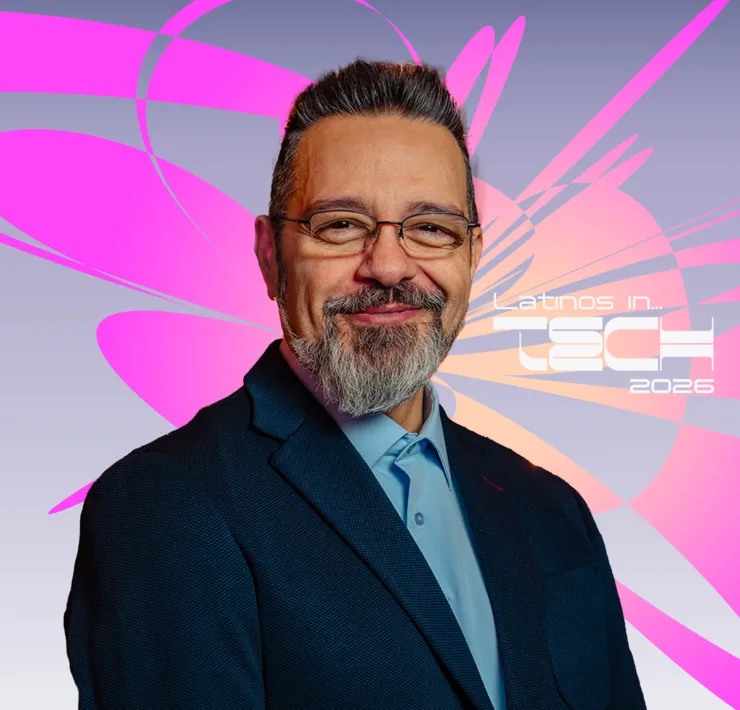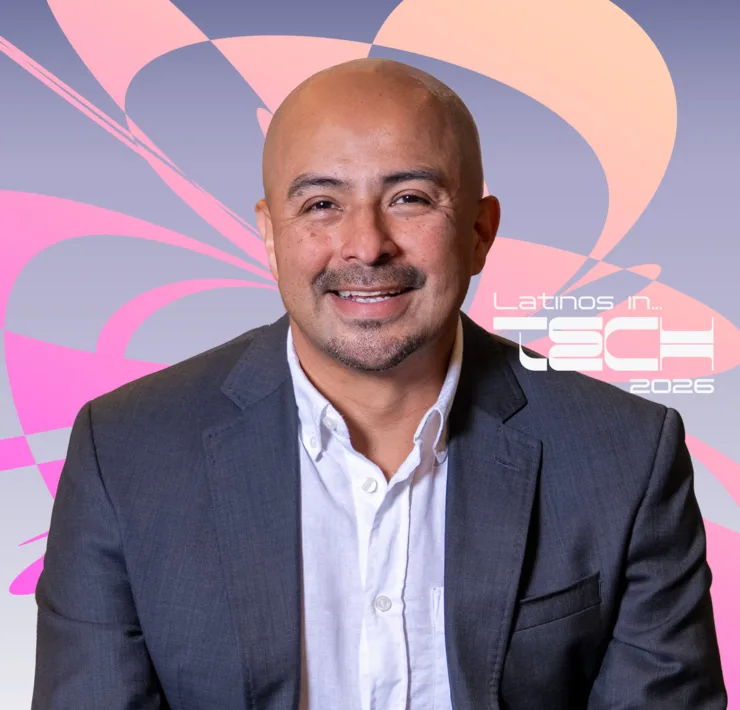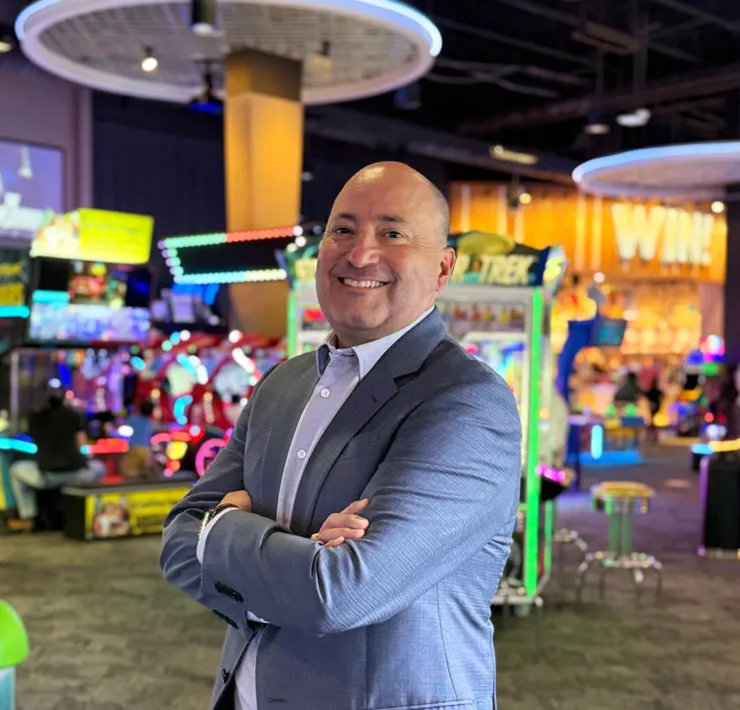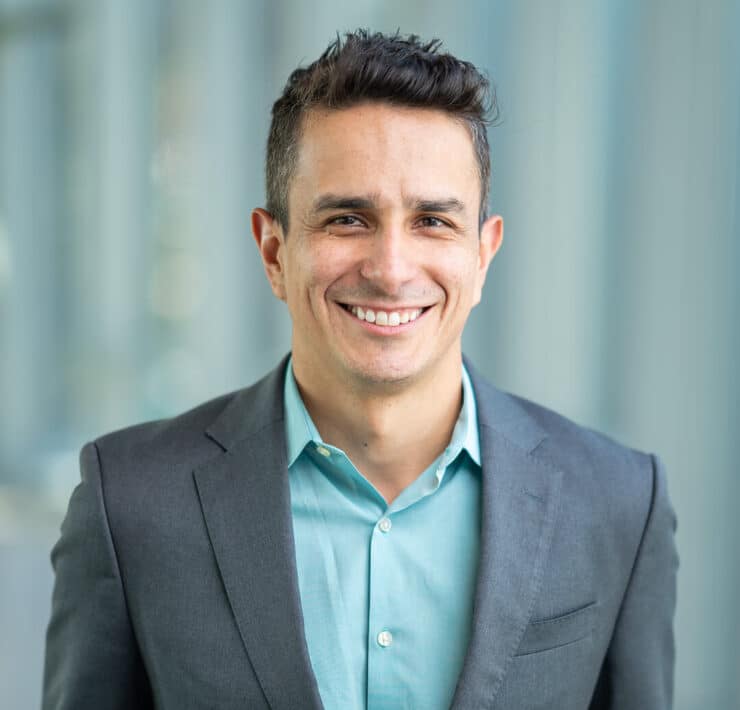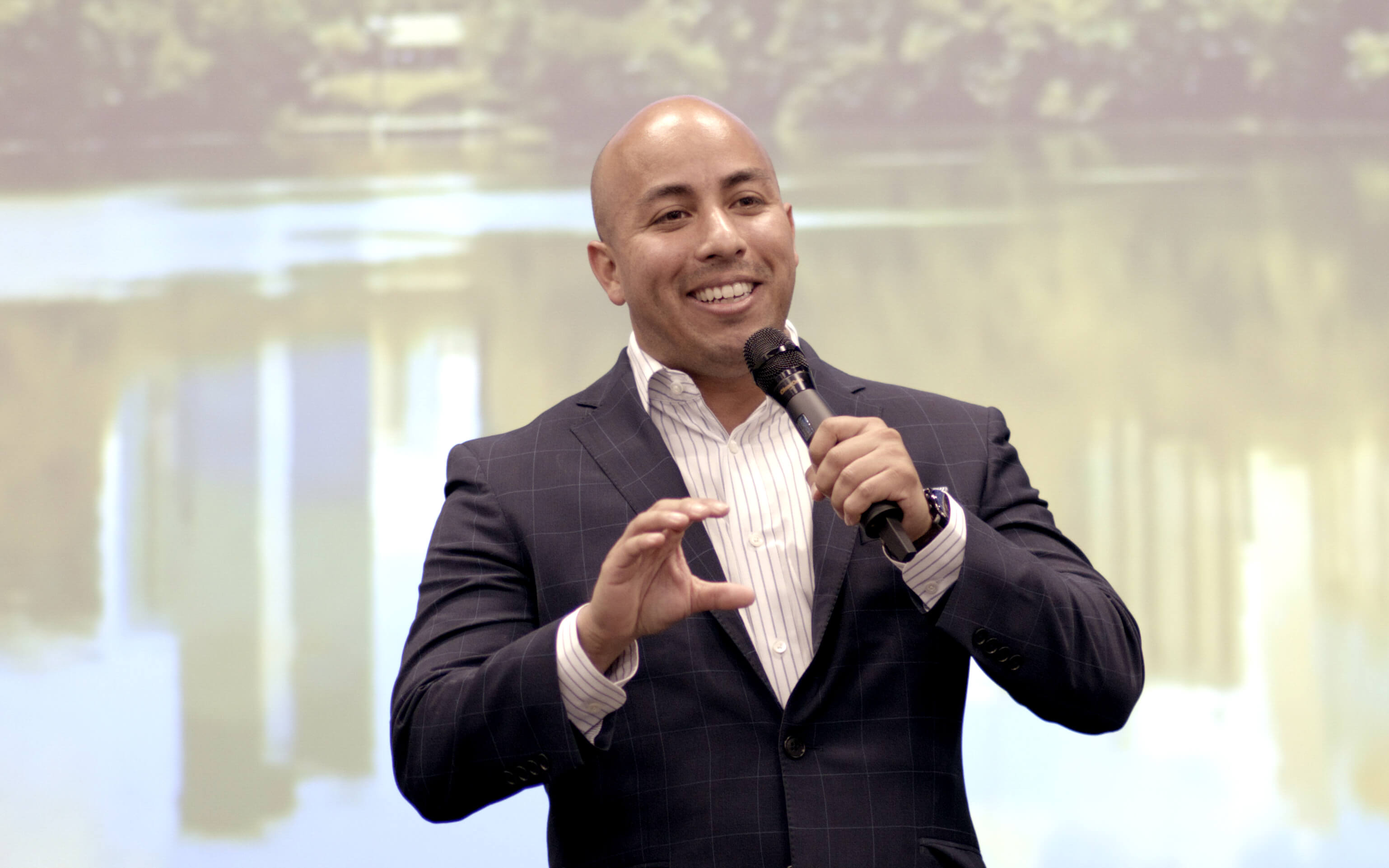
|
Getting your Trinity Audio player ready...
|
Moises Linares never had any doubt about what he wanted to do with his life.
“I always knew that I wanted to be a soccer announcer,” says the play-by-play commentator for Apple TV. “I was always that kid walking down the street with my headphones on, listening to the radio.”
The radio served as a companion of sorts on his long walks to and from school. During those walks, he recalls listening to the 1998 World Cup and realizing that his excitement around the event stemmed as much from the play-by-play commentary as from the matches themselves.
“For some reason, it captured me,” Linares says. “That hobby of mine—walking to school, listening to the radio, and mimicking announcers—transcended into my own soccer team experience. When I was playing club soccer, if I wasn’t on the field, I was entertaining my teammates by doing play-by-play.”
Today, he does Major League Soccer commentary in Spanish for Apple TV, in his first sports-only journalism role. And even though he now gets to focus exclusively on sports at work, he considers himself a storyteller above all else—one who can inspire others to pursue their own dreams by sharing his own. Linares is quick to admit that his life could have turned out differently.
“We have the opportunity to be what we want to be in this country. My goal is to inspire others by following my dream.”
Moises Linares
“I grew up in South Central Los Angeles, which is one of the roughest parts of the city,” he says. “I was supposed to go into the workforce and take a construction job or a kitchen job or a cleaning job. I admire and respect the people who do those types of jobs because my family comes from that working class. I just decided that I wanted to do something different—break the walls and the ceilings and yank off the chains from what had been my family’s history.”
Linares details that history—including his family’s migration from El Salvador in the 1980s due to the civil war, through Guatemala and Mexico before finally crossing the border into the United States—in his book, We Are Not Born Failures. Part of the first generation born in the US, he also became the first in his extended family to graduate from high school and then from college.
After college, Linares got his start professionally as a production assistant at Fox Sports. Although he wasn’t on camera himself, he went out of his way to learn from those who were. “I was on the sidelines, listening to announcers in both English and Spanish, seeing what they were doing, and asking them questions.”
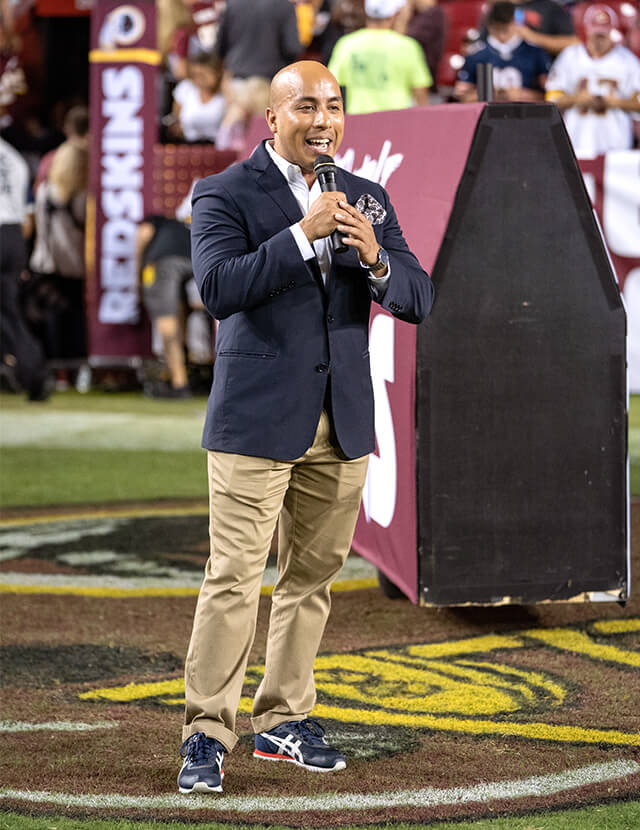
As he found his rhythm, Linares began applying to jobs all across the country. His big break came in the form of a phone call from Washington, DC. “It was somebody at Telemundo, taking a chance on me,” the commentator says. “I started working twelve hours a day, sometimes six or seven days a week, doing two different languages. I was doing local news, and I was also doing play-by-play for DC United, the Major League Soccer team in DC, and the Washington Commanders of the NFL.”
Linares viewed his intense time commitment at Telemundo––a Spanish-language network owned by NBCUniversal––as a long-term investment in his career. “That’s one of the reasons I ended up where I am now,” he says, referring to his current role. “It’s been a 180-degree change from being in a news station every single day and doing multiple things at a time to focusing on just one thing: play-by-play, which has always been my dream.”
Since joining Apple TV, Linares has continued to hone his skills. “I’m looking at my last game to see what I did right, where I might have made a mistake, and where I can improve,” he says. “There’s no such thing as a perfect broadcast. What you see from the professionals is that they know how to recover from those mistakes and make it seem like nothing went wrong. That’s where the magic happens when it comes to TV.”
Linares has certainly learned a thing or two over the years about making TV magic and even won his seventeenth Emmy recently. Though the awards don’t define him, they do make him reflect on other moments in his life, like the sacrifices his mother made to give him a shot at success. One such sacrifice she made included relocating their entire family to be closer to Linares’s school when he started college.
Linares keeps those sacrifices in mind when he accepts public speaking opportunities, many of which take place at schools full of children whose backgrounds mirror his own. “My message to them is, ‘I’m like you,’” he says. “When they find out where I come from, they’re shocked because they see me in a suit and assume that I’ve never struggled or suffered or been through what they’ve been through.”
“There’s no such thing as a perfect broadcast.”
Moises Linares
Linares hopes to organize a book tour in the near future to create further opportunities to tell his story and, in so doing, empower others to strive for things they didn’t believe possible because of their circumstances or identities.
“A lot of us who are successful, either we don’t know about that other life, or we forget––or just try to escape where we came from,” Linares says. “For me, it’s my calling to do this, and I have to do it in order to spark at least one mind.”
Linares also seeks to spark change within the broadcast industry, where tokenism on the English-language side and colorism on the Spanish-language side continue to limit opportunities for talented journalists to break through. “People may not always like it, but you have to speak the truth in order to set up the next person coming in behind you,” he adds.
Despite the obstacles he has encountered, Linares finds reasons to feel grateful every day.
“Everything that I have, everything that I’ve done, is because I’ve been blessed,” he says. “We have the opportunity to be what we want to be in this country. My goal is to inspire others by following my dream.”
